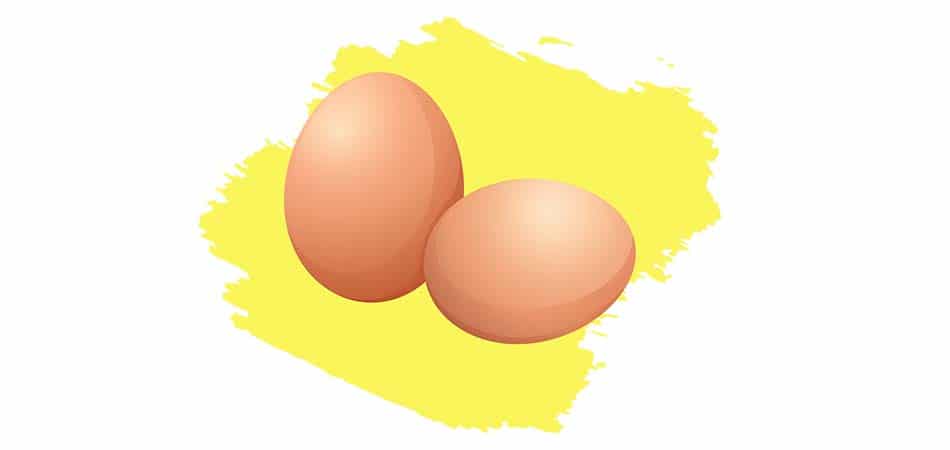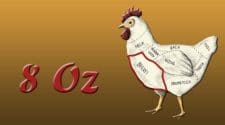Though once considered unhealthy, eggs are now a top choice among those wanting to improve their nutrition. Eggs are now considered a superfood, packed with vitamins and minerals. They’re also a top source of protein. Most of the time, people eat more than one egg at a time. This is why we’ll look at the amount of protein in 2 eggs.
Healthy everyday diet
Before discussing protein in detail, it’s important to talk a bit more about the role of eggs in a healthy diet. Despite containing relatively high amounts of cholesterol, eggs can be consumed daily. Assuming that you’re in good health and eat properly, you can safely have up to three eggs almost every day.
Eggs won’t have much of an impact on your cholesterol levels when consumed in acceptable amounts as part of a balanced diet. Eggs are also a source of vitamins A, D, E, and B12, as well as folate, selenium, and phosphorus.
Protein in different types of eggs
Again, eggs can be part of a healthy diet—and there’s logic in having two or three daily. This is especially true for bodybuilders, given their increased need for protein.
A large white chicken egg has six grams of protein, so eating two, the usual serving, provides 12 grams of the essential macronutrient.
Duck eggs are a bit heavier. At 70 grams, a duck egg contains approximately 9 grams of protein. Eat two and you’ll get 18 grams of the muscle-building nutrient.
Goose egg offers a bit more, with roughly 20 grams of protein per piece. Eating two goose eggs provides around 40 grams—and the average adult male only needs around 55 – 75 grams daily. These numbers shouldn’t be surprising though, as a single goose egg weighs 144 grams.
The smaller quail egg, of course, won’t be able to provide as much. One quail egg (around nine grams) only provides a gram of protein. Two tiny eggs will only provide two grams, and they don’t provide sizeable amounts of other nutrients either. However, a full serving is five eggs, so keep this in mind when considering using these in your diet
The ostrich egg is probably the largest egg you’ll find, weighing roughly 1,400 grams. A single egg of this kind yields 176 grams of protein and consequently two provide 352 grams of protein—far above the RDA for most people. However, dividing an ostrich egg into chicken-egg-sized portions provides around the same amount of nutrients.
|
Eggs |
Protein in 2 eggs, g |
Protein in an egg, g |
|
Chicken egg |
12 |
6 |
|
Duck egg |
18 |
9 |
|
Goose egg |
40 |
20 |
|
Quail egg |
2.4 |
1.2 |
|
Ostrich egg |
352 |
176 |
Choose the right type
It isn’t enough to know the amount of protein in 2 eggs. This breakfast favorite comes in many varieties, which have differences in their nutritional content. So, before you decide to eat one or three eggs daily, consider which type suits you best given your needs and goals.
Reference
- Egg nutrition retrieved from: https://www.nutritionix.com







Leave a Reply